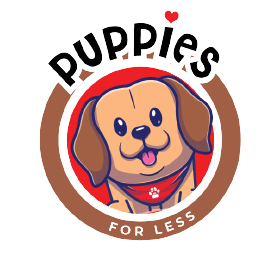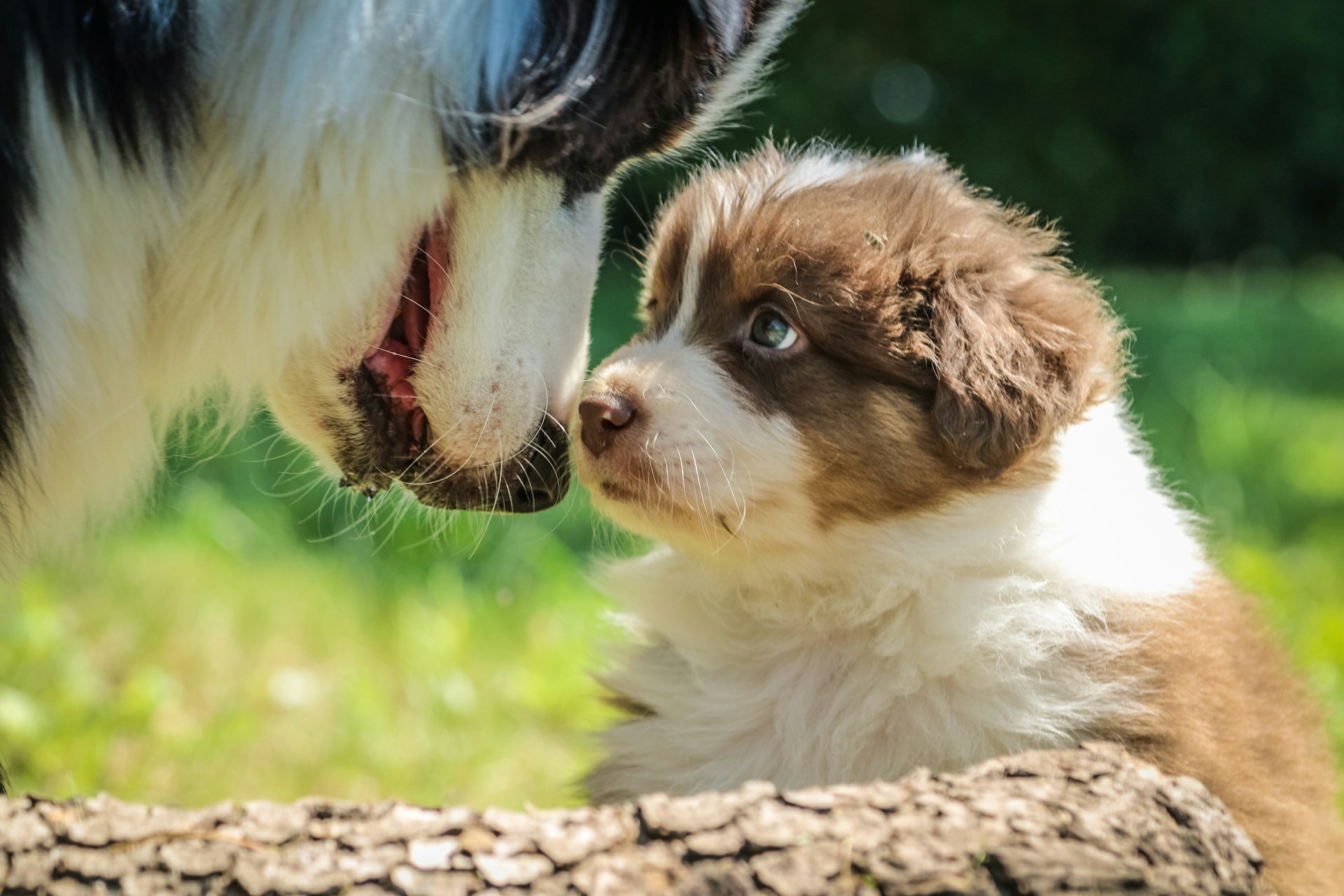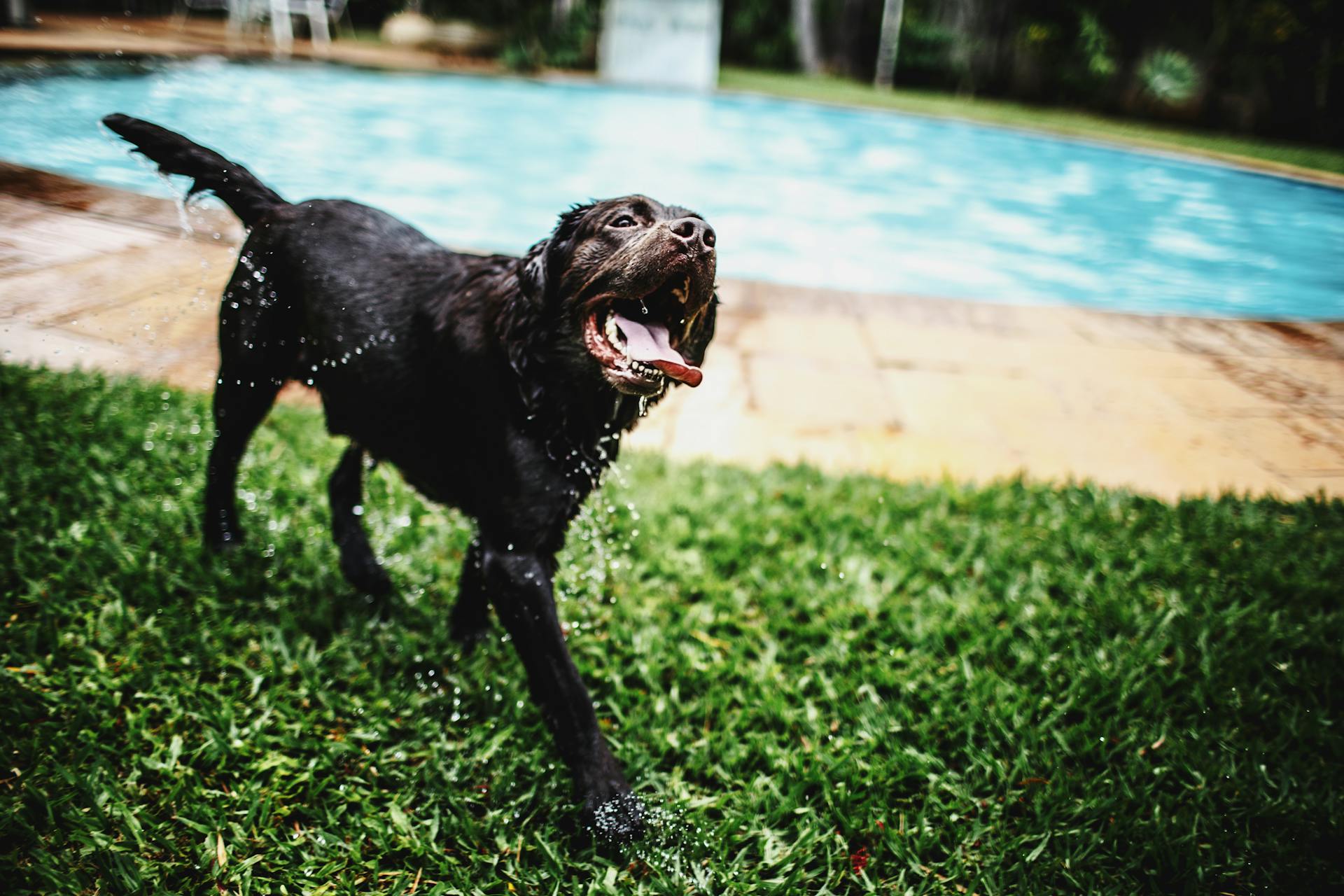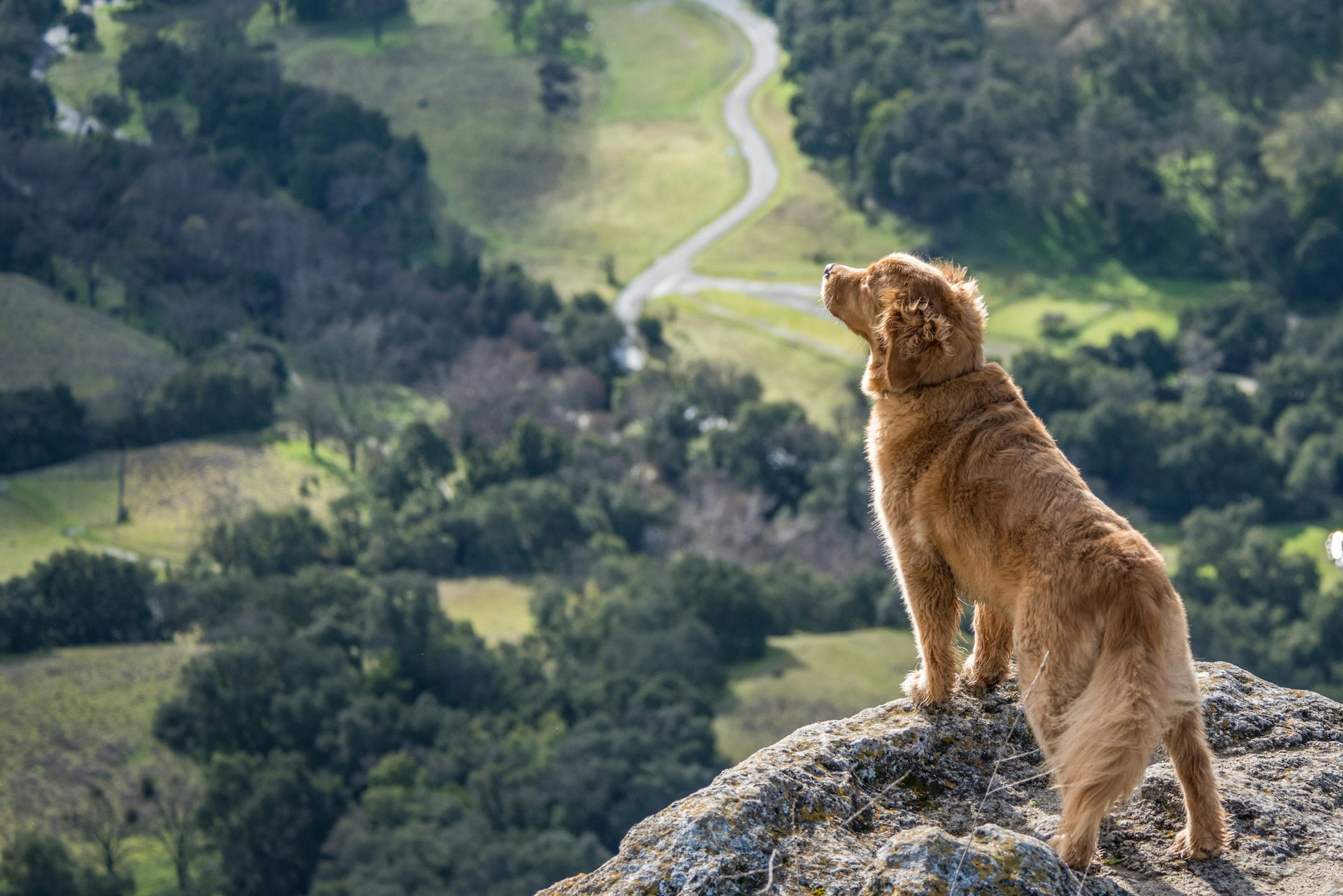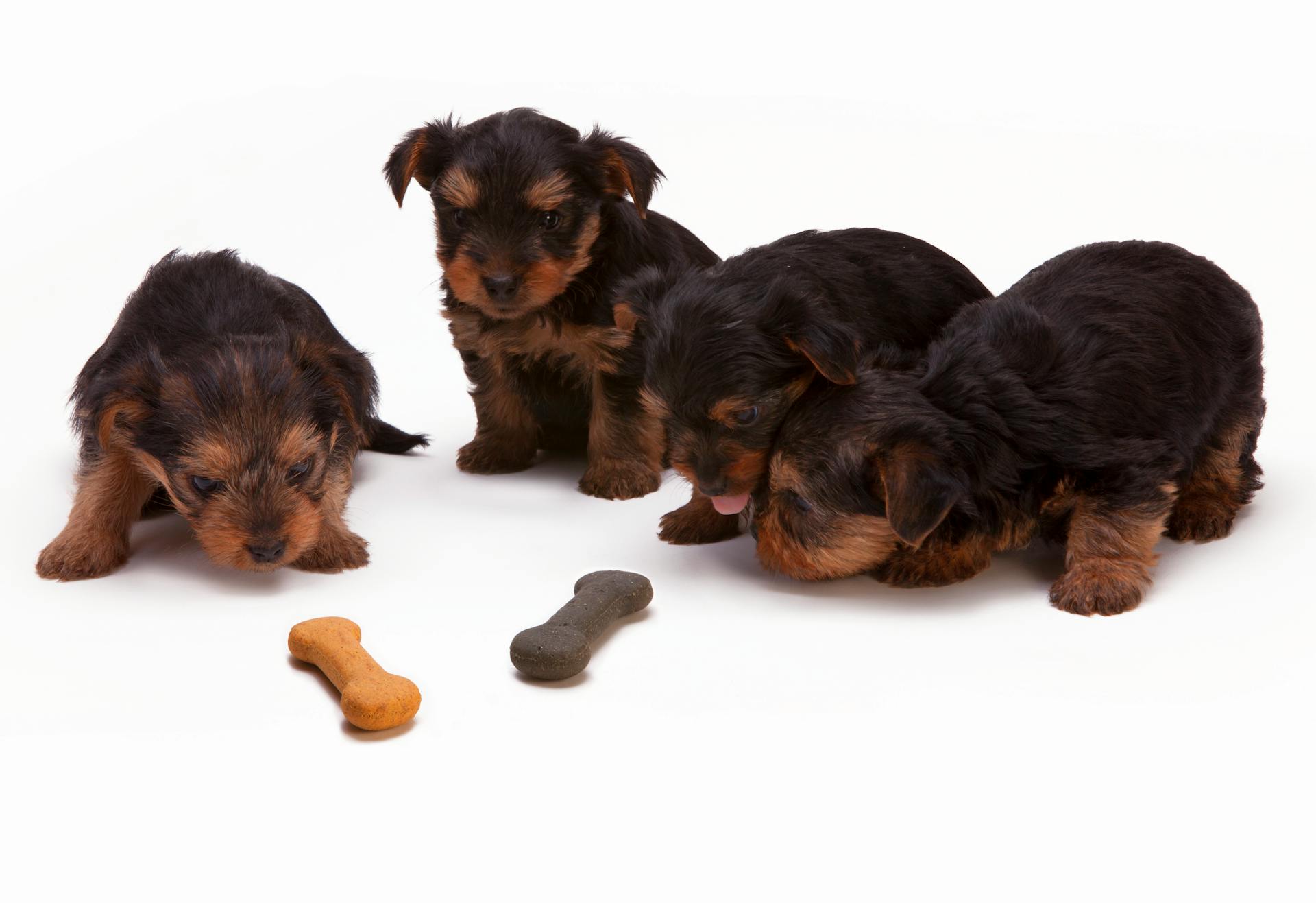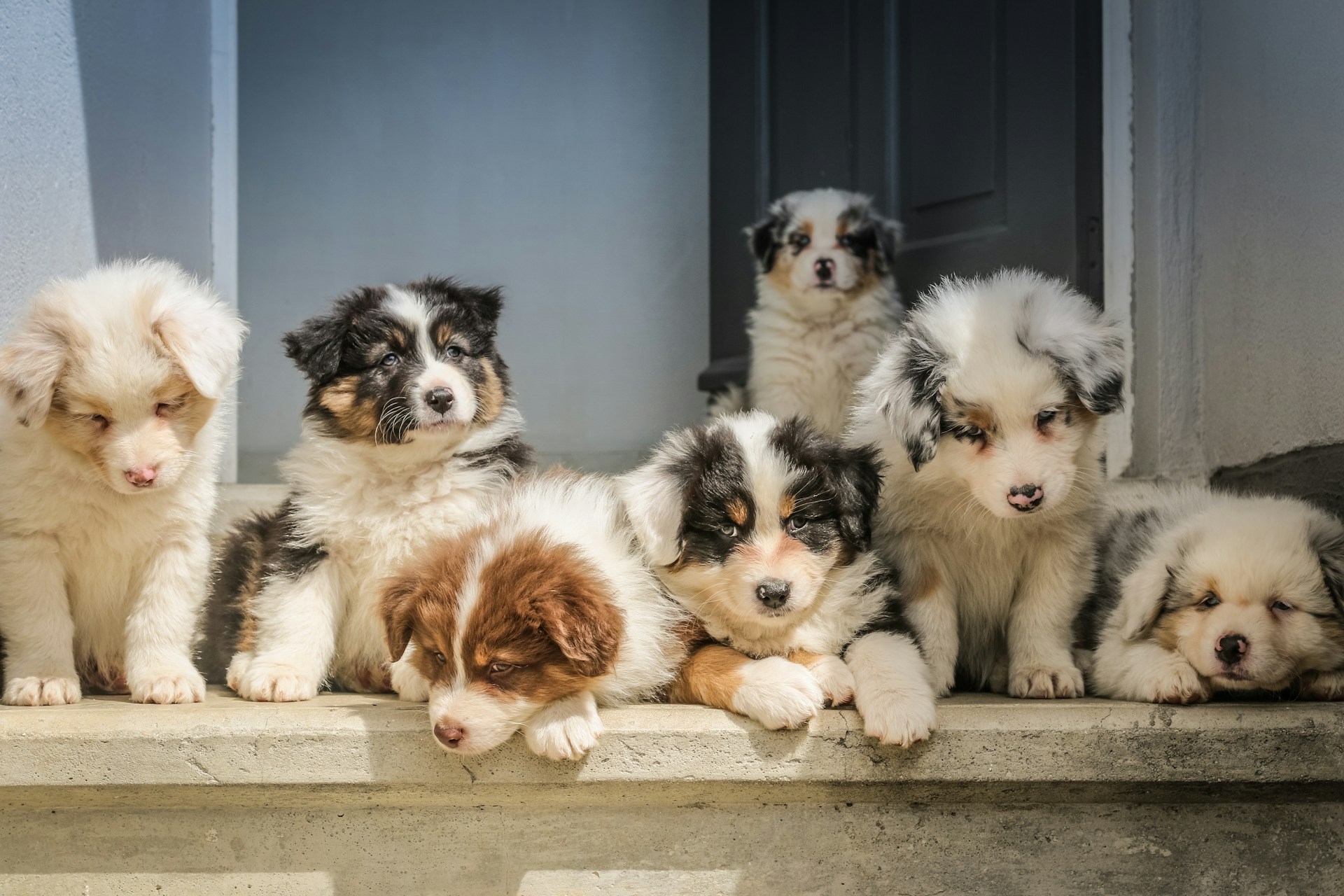Introduction
Socializing a puppy is one of the most crucial steps in ensuring they grow into well-behaved, confident dogs. Early and proper socialization with other dogs helps prevent future behavioral issues, reduces fear or aggression, and promotes positive, calm interactions. In this guide, we’ll cover the key steps and considerations to help you understand how to properly socialize your puppy, fostering lifelong social skills and good manners.
Table of Contents
1. The Critical Early Socialization Window
The first few months of a puppy’s life are known as the puppy socialization period, a time when they are most open to new experiences. This critical window typically lasts from around 3 to 16 weeks, during which puppies are naturally curious and more adaptable to unfamiliar stimuli. During this time, exposing them to a variety of dogs, environments, and controlled situations helps them develop positive associations.
Socializing during this early window involves incremental exposure to new stimuli, such as meeting other puppies, dogs, and even people. Gradual exposure ensures your puppy becomes familiar with different sizes, breeds, and temperaments of dogs, helping them learn essential canine communication skills.
2. Safe and Effective Puppy Playdates
Organizing safe, controlled puppy playdates is an effective way to promote socialization. Start by choosing suitable playmates that match your puppy’s size, temperament, and energy level. Arrange playdates in neutral environments where dogs can feel at ease, like a quiet backyard or park, and ensure all dogs involved are well-vaccinated.
To manage the interaction, keep a close eye on body language. Positive play includes bouncy movements, play bows, and relaxed tails, while tension or stiff posturing could indicate a conflict is brewing. If tensions rise, calmly intervene to redirect the puppies to a calmer activity, keeping interactions light and fun.
3. The Role of Puppy Classes and Training
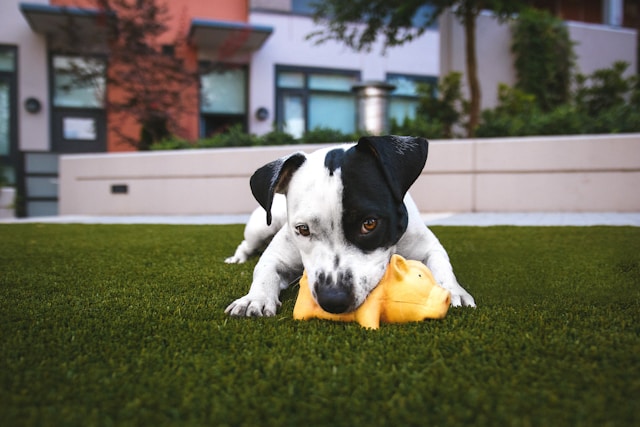
Enrolling your puppy in well-run puppy classes can significantly aid their socialization. These classes offer controlled environments for puppies to meet, play, and interact under professional supervision. Certified trainers will guide you and your puppy through essential exercises, helping address any behavioral issues that may arise during interactions with other dogs.
Additionally, trainers can help prevent potential issues like excessive barking or aggression. If your puppy shows signs of difficulty during socialization, such as growling or fear, a professional can offer tailored advice to ease these concerns.
4. Gradual Introduction to Other Dogs
Some puppies may be naturally more cautious when meeting new dogs, and that’s okay. Gradual exposure to other dogs is key for these pups. Begin with short, controlled meetings with calm, well-socialized dogs to prevent overwhelming them.
Use positive reinforcement, such as treats and praise, to reward your puppy for appropriate behavior during these interactions. This creates a positive association with meeting new dogs and reinforces good manners. Slow, steady progress is much more effective than rushing introductions, ensuring your puppy remains comfortable and confident.
5. Handling Fear Periods and Behavioral Risks
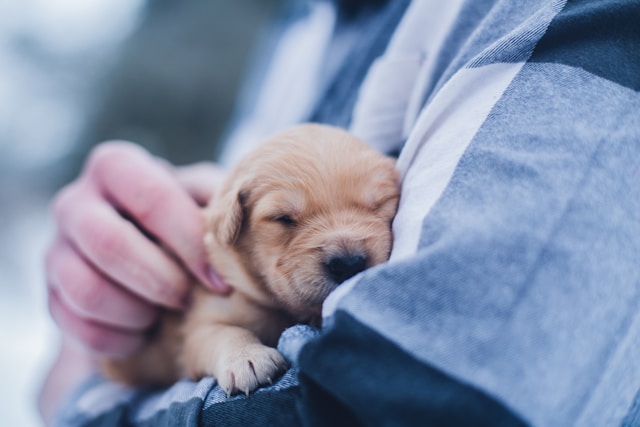
Puppies may experience one or more fear periods during their development, where they become more sensitive to new experiences. This typically occurs between 8 and 11 weeks and again around 6 months of age. During these times, your puppy may react more strongly to things they previously accepted, including interactions with other dogs.
To manage these periods, be patient and avoid forcing socialization if your puppy seems fearful. Instead, provide comfort and allow them to explore at their own pace. If aggressive behavior surfaces, such as play aggression or resource guarding, consult a professional trainer to address these issues before they become ingrained habits.
6. The Importance of Vaccination and Socialization
Ensuring that your puppy gets the right vaccinations is one of the most critical steps in giving them a healthy start in life. Vaccines play a pivotal role in protecting your puppy from a variety of serious, often life-threatening diseases, such as distemper and parvovirus, that can strike during their early months.
Vaccinations are an essential part of your puppy’s health, but the process can be an emotional experience for both you and your pet. As a puppy parent, it’s natural to feel a little anxious about the process, but with the right preparation, you can help your puppy navigate their vaccinations with ease and confidence.
Before heading to the vet, make the experience positive by associating it with fun activities. Bring your puppy’s favorite toys or treats to help them feel comfortable. You can also take short trips to the vet beforehand just to get them familiar with the environment.
Continue to expose your puppy to new environments, people and animals so they do not develop into a shy house-comfort animal. It is imperative for your dog’s health that they stay as active as possible.
7. Creating a Socialization Plan Tailored to Your Puppy
No two puppies are alike, and creating a personalized socialization plan can help address their specific needs. Start by observing your puppy’s temperament—are they naturally shy or overly bold? A shy puppy may benefit from one-on-one playdates with calm dogs, while an energetic, outgoing pup may thrive in a group setting.
Consider your puppy’s age and developmental stage as well. Puppies at the end of their socialization window may need more consistent, varied interactions to solidify their social skills, while younger puppies may benefit from more gradual exposure. Customizing your approach ensures that your puppy gets the right balance of social experiences to suit their personality and energy levels.
8. Encouraging Positive Behavior Through Family Involvement
Family involvement in socialization plays a huge role in reinforcing positive experiences. Ensure that all family members are involved in socializing your puppy, from feeding and playing to participating in training sessions. This not only strengthens the bond between your puppy and your family but also helps the puppy build trust in various people.
It’s important to supervise interactions between children and puppies, as both can get overly excited. Teach children how to handle the puppy gently and recognize when the puppy needs space. Balancing play intensity and monitoring family interactions help ensure the puppy learns calm, positive behavior.
9. Managing Playtime and Intervening in Puppy Play
Playtime with other dogs can sometimes get too rough, making it essential to intervene in puppy play when necessary. Watch for signs of overstimulation, such as excessive biting or growling. If play becomes too rough, use a calm, firm voice to interrupt and separate the dogs briefly before allowing them to resume play.
Training your puppy to practice bite inhibition is vital for safe play. Puppies naturally use their mouths during play, but teaching them to be gentle prevents accidental bites. Encourage gentle play and reward your puppy when they demonstrate soft mouthing. If biting becomes a persistent issue, consider professional training to refine their bite inhibition skills.
Conclusion
Properly socializing your puppy with other dogs is key to their behavioral development and overall well-being. By following a structured approach, exposing them gradually to new dogs, and providing positive reinforcement, you can ensure they grow into a well-adjusted, confident dog. Always prioritize their health, taking care to balance socialization with their vaccination schedule, and seek professional guidance if needed.
FAQs
1. When should I start socializing my puppy with other dogs?
You can start socializing your puppy as early as 3 weeks old in a controlled environment, but public interactions should wait until after their first round of vaccinations, typically at 8 weeks.
2. What if my puppy is too shy around other dogs?
For shy puppies, gradual exposure is key. Start with calm, friendly dogs in a quiet setting. Use positive reinforcement to reward them for good behavior and slowly increase their exposure to more social environments.
3. How do I know if my puppy’s play is too rough?
Signs of rough play include persistent growling, snapping, or excessive biting. If play becomes too intense, interrupt the interaction and give the puppies a short break before resuming.
4. Can I socialize my puppy at a dog park?
It’s best to wait until your puppy has completed their vaccinations before visiting dog parks. Puppy classes or organized playdates are safer alternatives for early socialization.
5. What should I do if my puppy shows aggressive behavior during socialization?
If your puppy displays aggression, such as growling or biting, consult a professional trainer. Early intervention can help address and correct this behavior before it becomes a long-term issue
